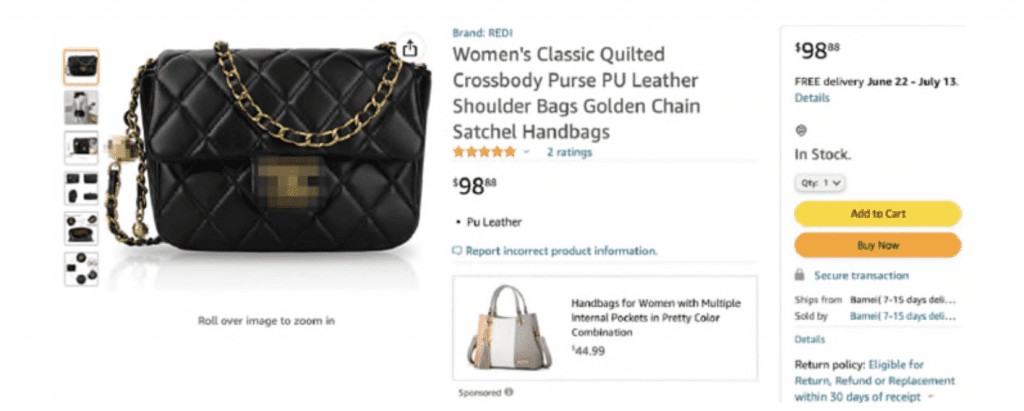Developments in the artificial intelligence (“AI”) space dominated (again) this week – from a rejection from the Copyright Office to generative AI providers’ indemnity promises & an AI framework that Sens. Richard Blumenthal (D-CT) & Josh Hawley (R-Mo.) have in the works. First up for us is the latest from the U.S. Copyright Office (“USCO”), which has refused to register an AI-generated artwork. In a Sept. 5 letter, the Copyright Review Board responded to Colorado-based artist Jason Allen’s Second Request for Reconsideration for Refusal to Register “Théâtre D’opéra Spatial,” a 2D artwork (seen above) that he created using Midjourney.

Following an initial review, the USCO concluded that the work could not be registered without Allen limiting the claim to only the copyrightable authorship that he contributed. The crux of the USCO’s pushback: “The image generated by Midjourney that formed the initial basis for the [Théâtre D’opéra Spatia] work is not an original work of authorship protected by copyright.”
The USCO accepted Allen’s claim that human-authored “visual edits” made with Adobe Photoshop contained a sufficient amount of original authorship to be registered. However, it explained that the features generated by Midjourney and AI-powered image upscaler Gigapixel AI must be excluded as non-human authorship. Allen sought to register the entire work & refused to disclaim the portions attributable to AI, prompting a rejection from the USCO and a subsequent refusal from the Board.
The USCO’s Second Refusal: After examining the work & considering the arguments made in Allen’s First & Second Requests, the Board upheld the USCO’s initial determination, finding that the work “contains more than a de minimis amount of AI-generated content, which must be disclaimed in an application for registration.” Because Allen has refused to disclaim the material produced by AI, the work cannot be registered as submitted, the Board confirmed.
More about the Allen refusal, as well as the latest in AI-related legislation and AI platforms’ efforts to tempt enterprise users with indemnity clauses can be found right here.
– Amazon.com Inc et al v. Russell et al + Amazon.com Inc et al v. Hawat et al: Amazon has filed two new complaints against alleged counterfeiters in the latest lawsuit centering on a “hidden links” scheme. (Those complaints are here and here.)

– Ramales v. Teigen: In a bit of a twist on the traditional paparazzi v. celebrity copyright case, the plaintiff here is suing Chrissy Teigen for posting a photo of another celeb – Katie Holmes – on her Instagram.
– Levi’s v. Coperni: French womenswear brand Coperni is the latest to be named in a fabric tab-specific trademark lawsuit by Levi’s.
– Reese Witherspoon has sold off a 70% stake in her Draper James brand to Consortium Brand Partners for an undisclosed sum.
– Kering chairman & CEO Francois-Henri Pinault has reached an agreement to acquire a majority stake in Creative Artists Agency (CAA). The terms of the deal have not been disclosed.
– Refiberd – an AI-powered, robotics-based textile recycling system that sorts & recycles unsorted, discarded textiles into new ones – has raised $3.4M in a Seed round.
– Gleen has raised $4.9M. In addition to other AI tools, the co. provides an anti-hallucination data layer to hedge against the rising trend of AI chatbots providing inaccurate responses to users.
– Shop Circle has raised $120M in a Series A to continue building & expanding its suite of e-commerce tools.
– Harmonya – an all-in-one AI-powered product data enrichment, categorization & insights platform for retailers and brands – has raised $20M in a Series A.
– UK-based customizable packaging startup Penny Black has raised £1.5M in a Seed round.
– AI-powered state court research & analytics platform Trellis has raised $15M in a Series B round.
– Story Protocol has raised more than $54M. The co. provides open infrastructure “designed to power a new era of creativity IP ownership.”